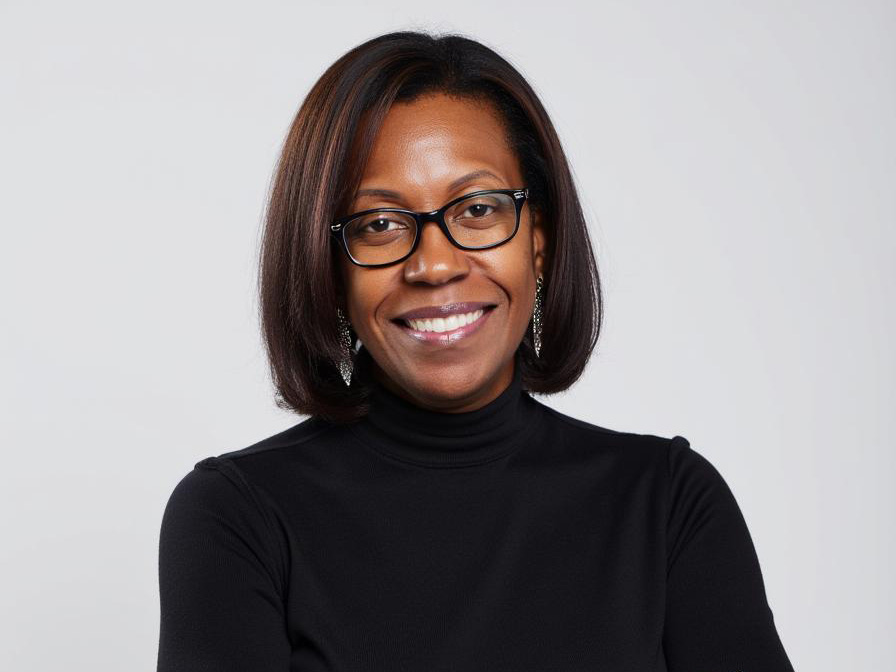Adriene Marshall (B.S. ’91, M.T. ’94) is a leader and educator intent on making mathematics more approachable for students and their parents alike. Over a career spanning four decades and numerous technological advancements in education, she has worked in the classroom, at the state level, and in tech to enhance the accessibility of math so that students of all strength levels can feel empowered to better understand the subject.
Her time at VCU laid the groundwork for her life’s work. Serving as a member of the student government, the Delta Sigma Theta sorority and as an on-campus math tutor, she would eventually refine those experiences while pursuing her master’s of teaching from the VCU School of Education.
Marshall currently teaches high school mathematics in Maryland while also serving as an expert school review team member for the Maryland State Department of Education. She is also the founder of Accelerate Math which works with schools and districts to raise the quality of math instruction.
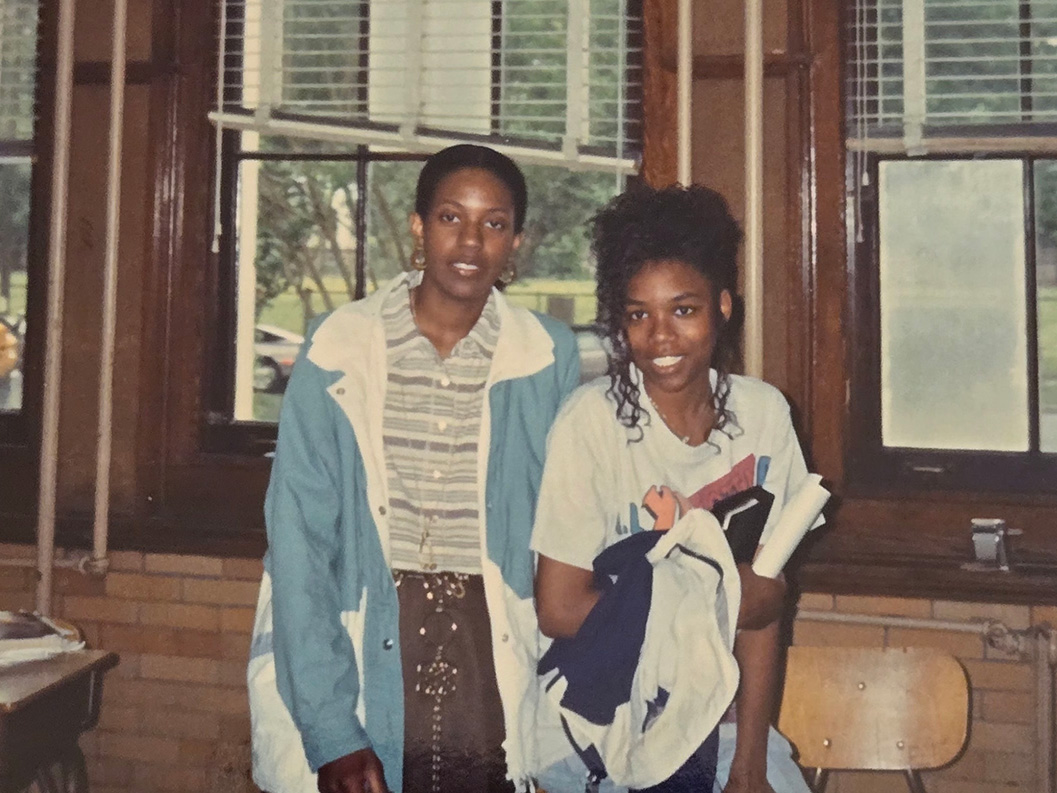 What drew you to VCU? What inspired you to choose math as your major?
What drew you to VCU? What inspired you to choose math as your major?
I chose VCU because it allowed me to stay close to home, which was just two hours away. As the first in my family to attend college, I didn’t have much money, and I needed to attend an affordable institution. I had a cousin who was a sophomore at VCU at the time, and he encouraged me to apply.
When I first started, I majored in Spanish and wanted to be a Spanish interpreter working for the United Nations. After enrolling in a 200-level class, I realized I hadn’t learned as much as I needed to in high school to be prepared for this level, because everyone else was speaking Spanish fluently, and I felt lost. At that moment, I knew I needed to pivot. I quickly changed my major to mathematics because I was good at it and knew it would provide an excellent foundation for many career paths.
What was your first memory or first impression when you arrived on campus? Where was your favorite place to spend time on campus?
Coming from a small town in Virginia, campus was intimidating and exciting at the same time. As a shy person, I knew I needed help navigating such a large university. I found support at the Office of Academic Support with Dr. Quincy Moore, where I worked as a math tutor for the program.
I lived in off-campus housing, so, instead of going home in between classes, I would spend time in the Commons or the library in the early days. However, later, after being elected to the executive board of the Student Government Association, I spent time in that office space.
What is your favorite memory from attending VCU?
I had limited funds but whenever I had extra money, I would go to the food truck that showed up on campus to get fried fish. That’s my favorite memory. That was my first experience getting food from a truck, and it was worth it.
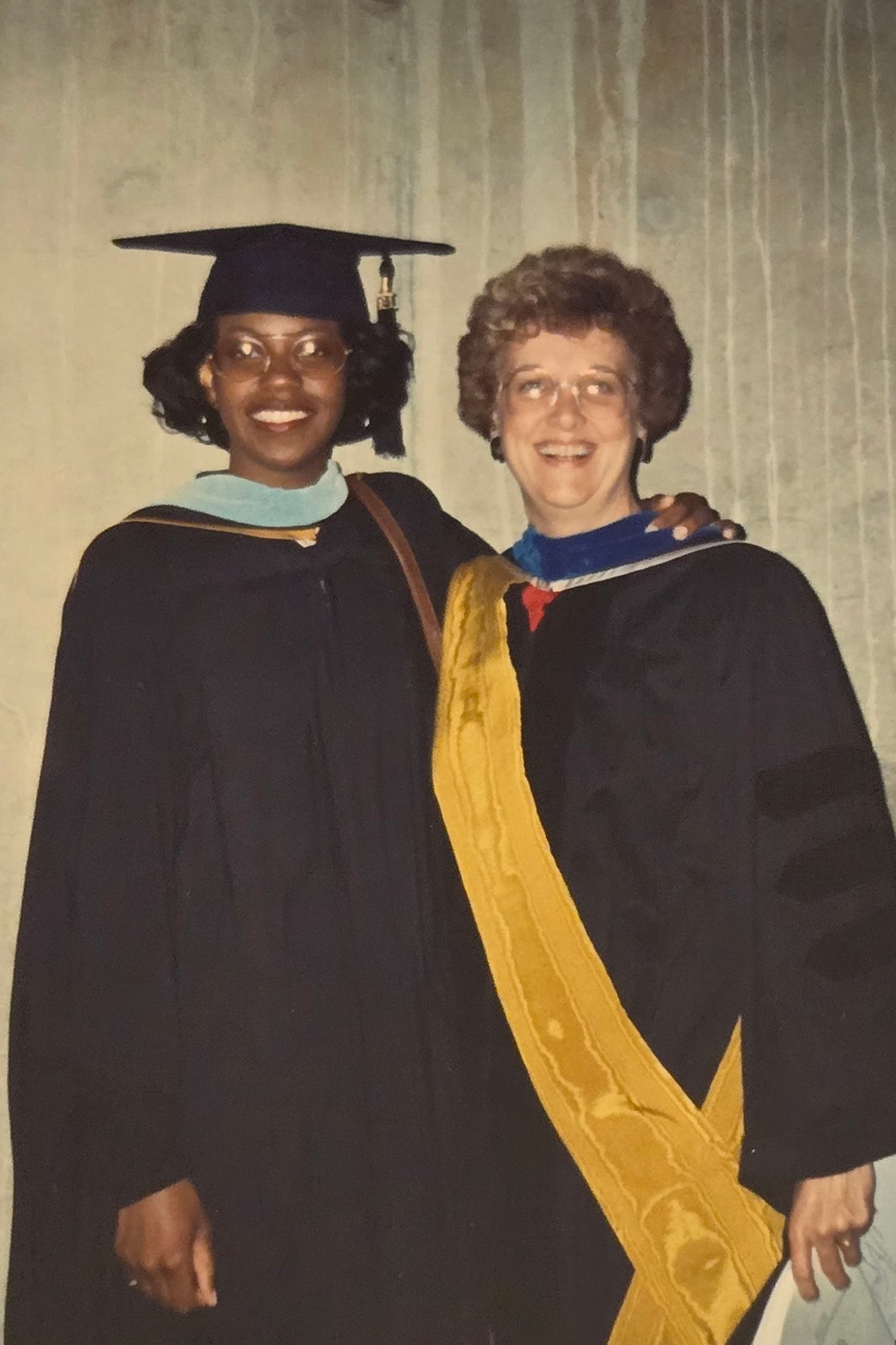 Was there a VCU faculty member that made a particular impact on your education and/or career journey? How so?
Was there a VCU faculty member that made a particular impact on your education and/or career journey? How so?
Several of my professors deserve to be highlighted. Dr. Ruben Farley, who was the Department of Mathematics chair, was an unofficial advisor to me and others. He recognized my potential and encouraged me to stay with math as my major when things became challenging. Dr. Diane Simon, the associate dean for the School of Education at the time, gave me a job as a graduate assistant and became a mentor — she helped me find my voice. Dr. Ena Gross was an example of what good mathematics teaching looked like, and the experience from her classes still drive me today.
What inspired you to pursue your postgraduate education in teaching?
After completing my undergraduate degree, I initially struggled to secure a job and spent a year working as a waitress and for a temp agency. During undergrad, I took several education courses, and I decided to re-enroll and complete the five-year program that awards both a bachelor's and master's degree, as I only needed one more year to finish.
Upon returning to the program, I set a personal goal to teach for five years before considering a career change if it wasn't the right fit. Thirty-plus years later, I am still passionate about the work.
What does your day-to-day look like in your current roles as an educator and as an education evaluator?
I currently teach Algebra 1 at a public charter school in Maryland. Additionally, I serve as a consultant to the Maryland State Department of Education's School Expert Review Team, supporting the Blueprint for Maryland’s Future by conducting school visits and providing actionable recommendations for school improvement.
Typically, I join the team for four to five school visits per year, spending two days at each school, visiting classrooms and collecting data with a focus on math and reading classrooms.
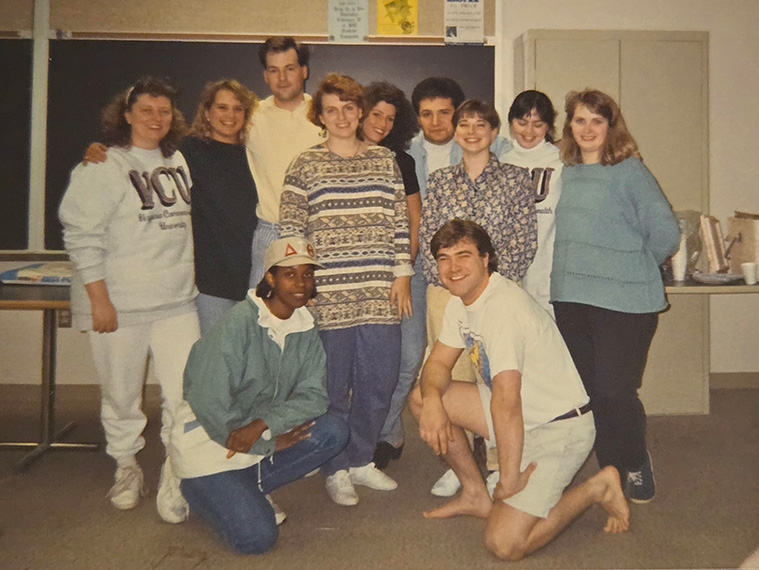 What would you say is the most challenging part of teaching math? The most rewarding part?
What would you say is the most challenging part of teaching math? The most rewarding part?
I left the classroom in 2016 to work for an ed tech organization and returned to teaching in 2023. Before leaving, I would have said the biggest challenge was meeting students' diverse needs. But since returning, the most challenging part has been navigating the new world of artificial intelligence (AI) and the overwhelming number of technology options. Many school districts don’t yet have an AI policy, and teachers are often left to figure out best practices on their own. I know we’ll get there, but AI and technology evolve so quickly that it can be challenging to manage.
The most rewarding part is always the students. I’m intentional about creating a safe math space where students can find their math identity and voice. The best part is when, five or six months later, the student who never voluntarily spoke up finally raises their hand to share an ‘aha’ moment.
Reflecting on your time at VCU, how do you feel your time on campus helped prepare you to accomplish the work you’ve done so far in your career?
My experiences in and outside the classroom provided me with the tools, mindset and disposition to find success in my career and life. This included running for, and ultimately winning, an at-large position on the SGA, performing as a grad student in my first step show as a member of Delta Sigma Theta and tutoring students in math at the Academic Success Center. Each experience increased my confidence and self-determination.
My classroom experience with professors, who were at the forefront of teaching and learning, is still with me today. As I near the end of my career, I can look back fondly and proudly, knowing that I had a head start because of my experiences at VCU.
What’s your why?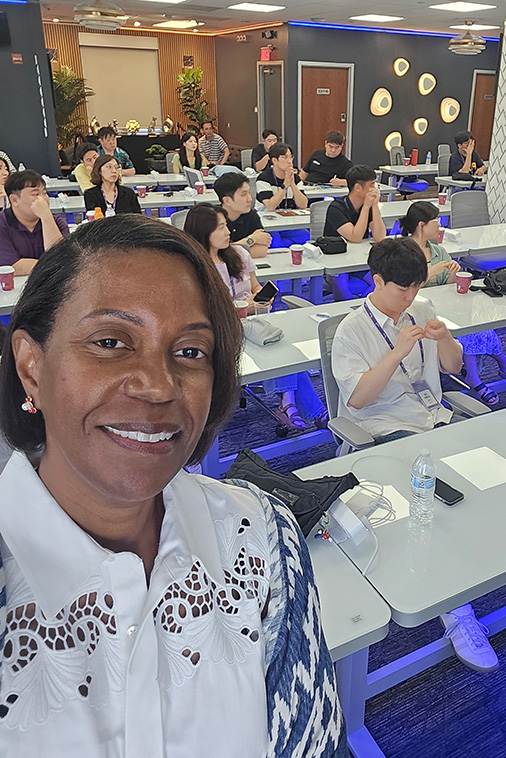
Throughout my 31-year career in education, I’ve had the opportunity to be in the classroom for 18 years, teaching a wide range of subjects, from pre-algebra to AP Calculus and everything in between. I worked as an instructional coach, school leader coach, and professional development content designer and facilitator for an ed-tech organization, all in service to improving the outcomes for all students so that they can have choices in their future and lead fulfilling lives.
There are many inequities in life, but getting a quality K-12 education should not be one of them.
What are you hoping to still accomplish in your career?
After returning to the classroom, I became a National Board Certified Teacher in mathematics. I also started an education consulting business. Research shows that math anxiety holds students back, limiting their confidence, causing them to avoid advanced math courses and ultimately impacting future opportunities.
I founded Accelerate Math to change that. We help students build strong math identities by reducing anxiety and increasing confidence. We do it by supporting the adults around them, families and educators, with tools and strategies that bring research to practice. Through parent workshops, student sessions and educator coaching, we help everyone work together to create consistent, empowering math experiences.
In the next phase of my career, I want to expand Accelerate Math’s impact, partnering with more schools and districts so that when the adults are aligned, real acceleration happens.
